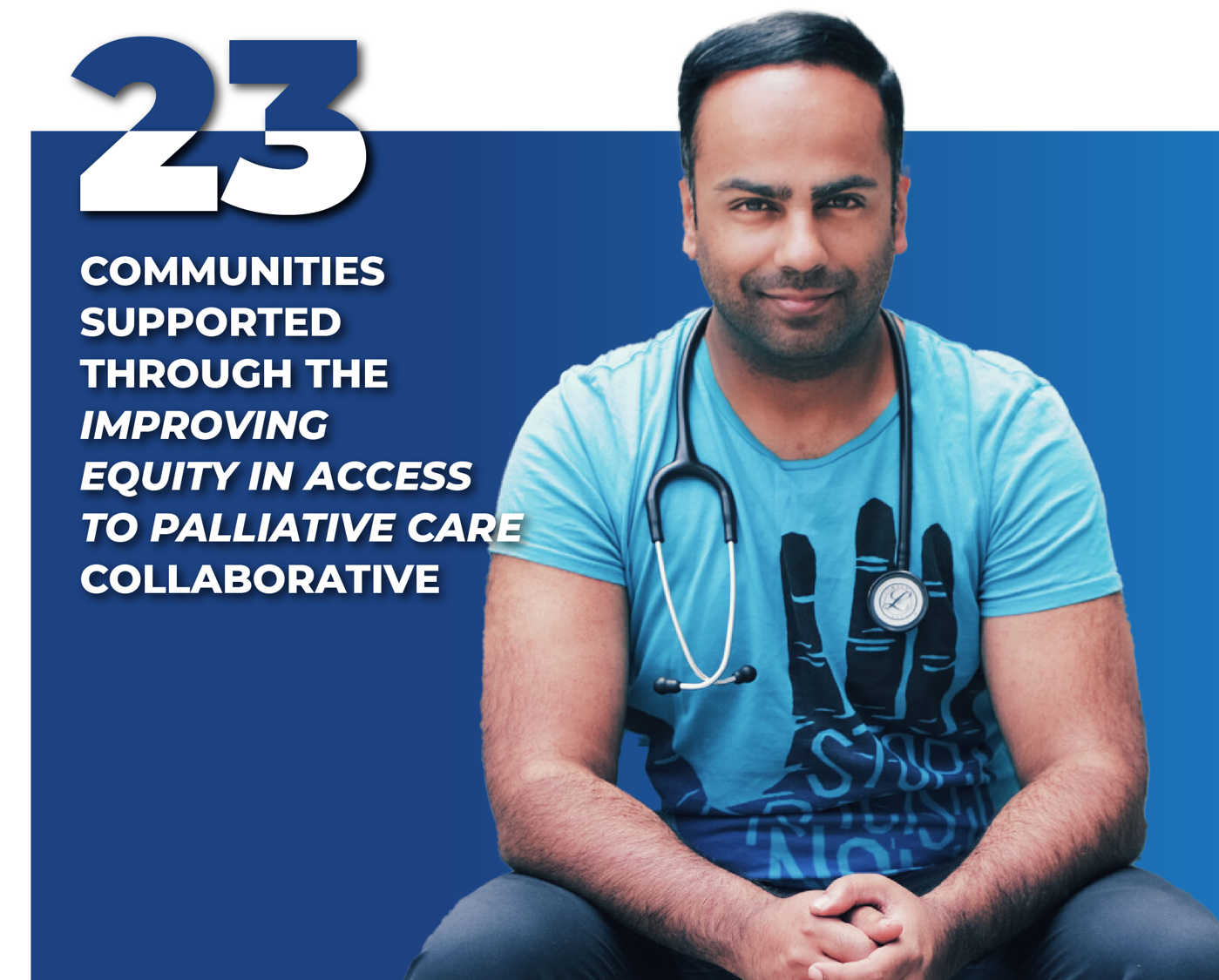2024: Looking back on a year of action and progress in cancer care across Canada
Showcasing the people and partnerships behind the Canadian Partnership Against Cancer.
December 17, 2024

As the Canadian Partnership Against Cancer (the Partnership) concludes another year of progress towards improved cancer outcomes in Canada, we wanted to highlight some of the important achievements, and the people behind it, that made 2024 memorable and successful.
People

Advisors are at the heart of the work that we do – they are instrumental in helping us drive action towards the priorities of the Canadian Strategy for Cancer Control (the Strategy). In 2024, we expanded our advisory structure and welcomed three new First Nations, Inuit and Métis community health advisors.
Advisors Lea Bill (First Nations), Lily Amagoalik (Inuit) and Susie Hooper (Métis) shared their thoughts on the significance of National Indigenous Peoples Day and the Partnership’s reconciliation journey. We also featured Clinical Advisors Dr. Sian Shuel and Dr. Christian Finley, and Patient Advisor Vinesha Ramasamy.
Partnerships

The eight priorities outlined in the Strategy are the blueprint on which we plan and implement our collaborative work with partners. This year we unveiled new projects and updated initiatives such as the Life After Cancer hub; the Smoking Cessation in Cancer Care report; and updates to the reports on lung, cervical, colorectal and breast cancer screening programs, as well as the Models of Care toolkit.
These priorities are supported by several enablers including the pan-Canadian Cancer Data Strategy which aims to close gaps in cancer data in Canada.

We also continued to work with partners such as Healthcare Excellence Canada (HEC) with whom we’ve undertaken groundbreaking initiatives like the Improving Equity in Access to Palliative Care and Paramedics and Palliative Care. A recent journal article found that $2,773 was saved per call when paramedics provided care at home with 92% of patients reporting satisfaction with care received.
Progress

When the Partnership began leading this pan-Canadian initiative to integrate evidence-based smoking cessation into cancer care across Canada, only two provinces were actively helping people with cancer quit smoking. Now, 95 per cent of cancer care settings provide support to people to quit smoking, compared to 56 per cent in 2017. 49 per cent of cancer care settings also offer culturally appropriate supports to First Nations, Inuit and Métis, compared to 18 per cent in 2018.
With the help of partners and people across Canada, we will continue to drive action towards achieving the Strategy’s vision: a future in which fewer people develop cancer, more people survive cancer, people affected by cancer have a better quality of life and all people in Canada have equitable access to quality cancer care.
On behalf of everyone here at the Partnership, we wish you happy holidays and good health for the new year!
